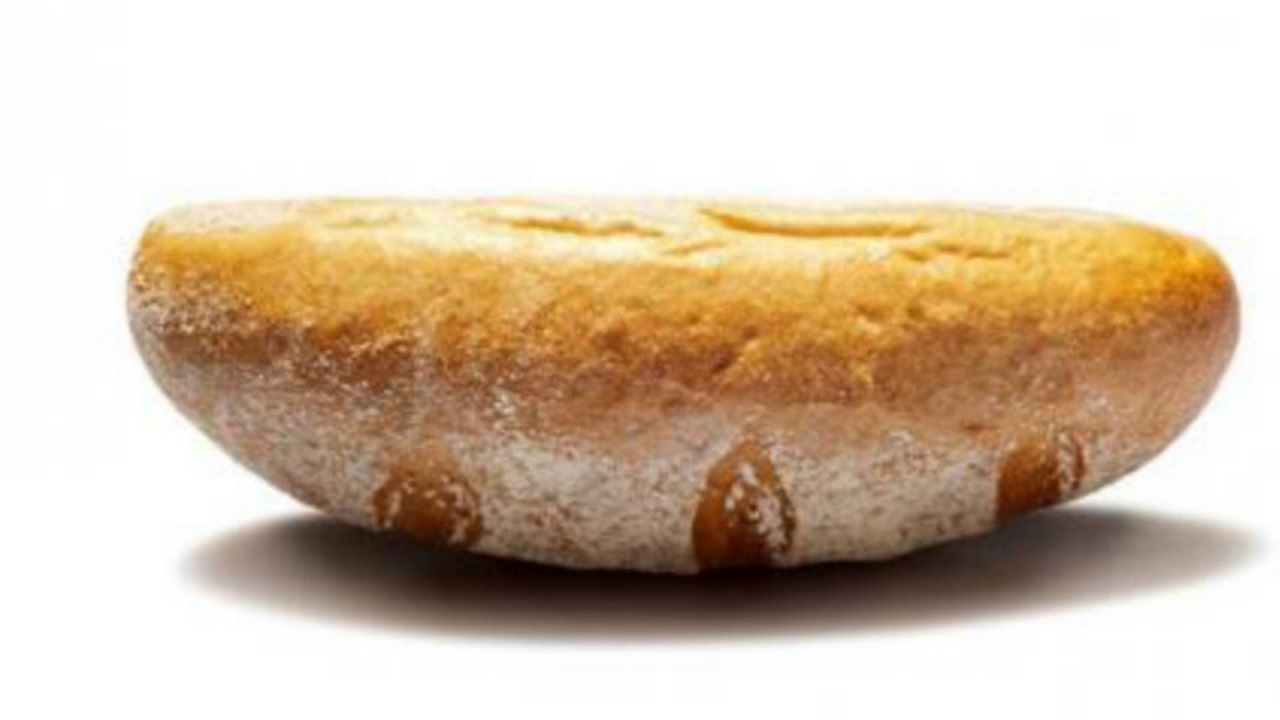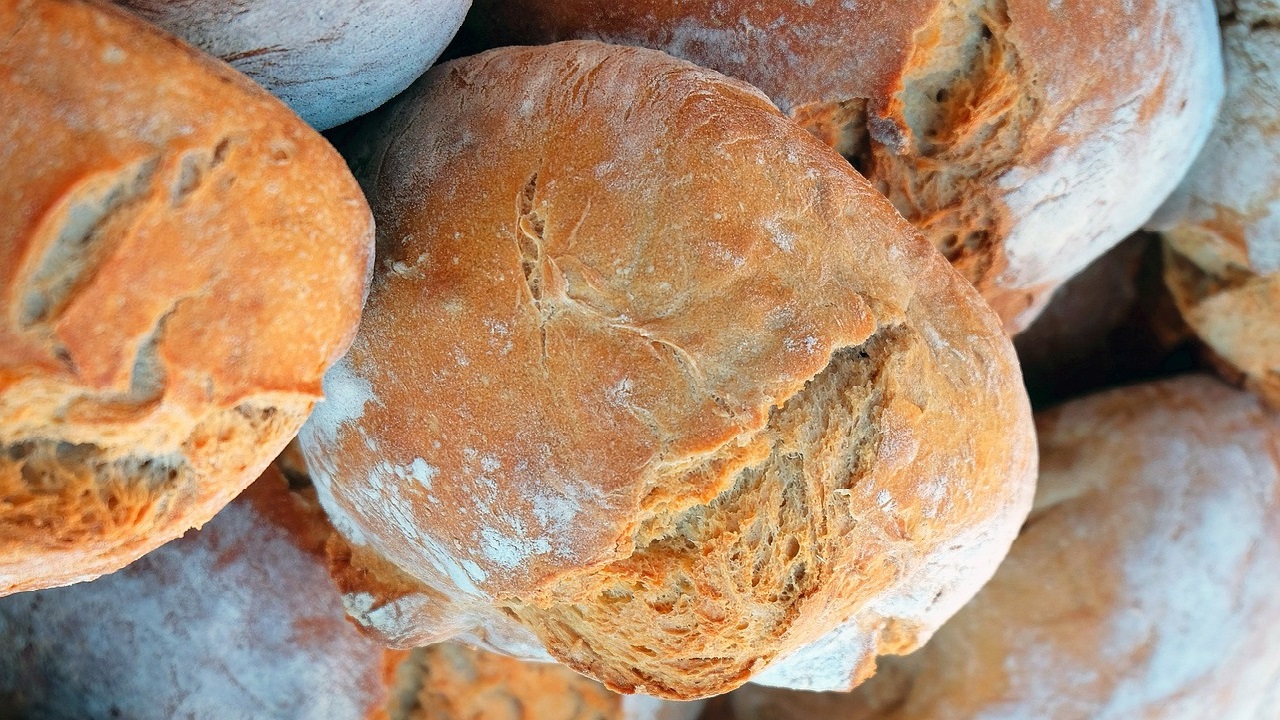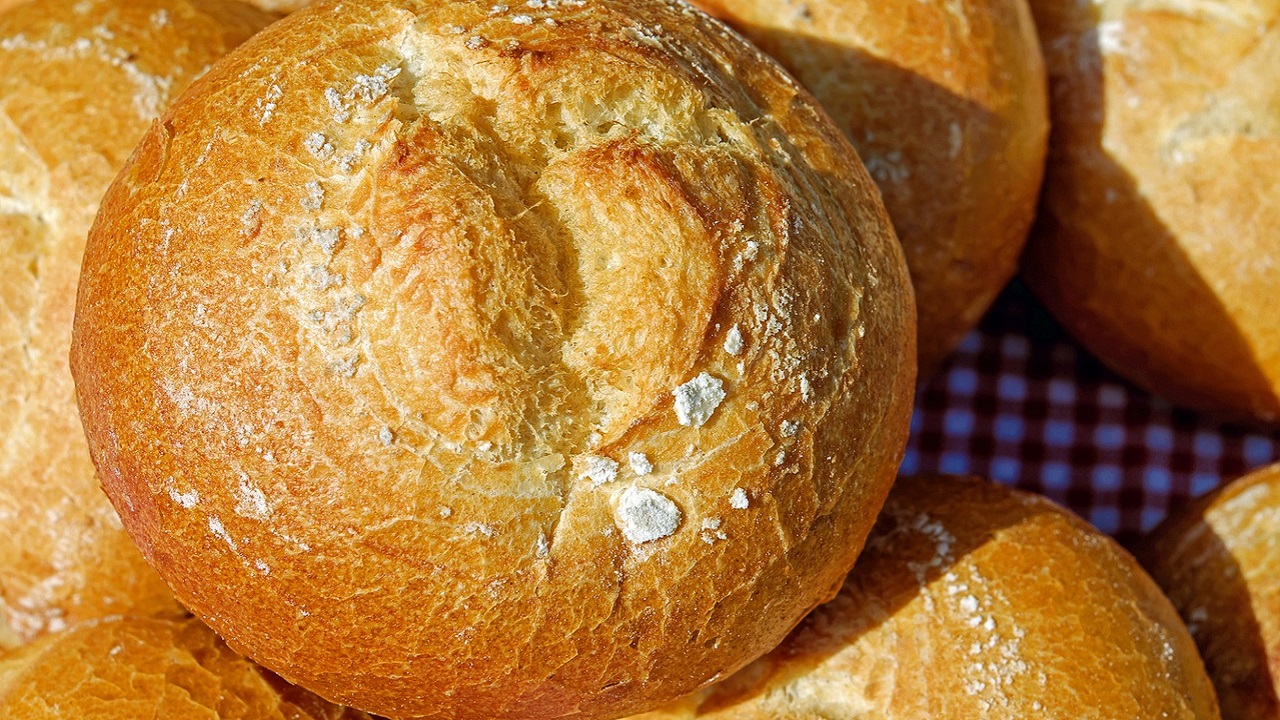Why Did Our Grandparents Tell Us to Never Put Bread Upside Down on the Table? This is the Reason
Raise your hand if you have never been scolded by your grandparents for placing bread upside down on the table. Not that anyone did it on purpose. Simply, while you were setting the table, it could end up upside down by tossing the bread on the table. However, this seemingly small act carried deep significance. Our grandparents, driven by tradition and religious beliefs, insisted that bread should never be upside down. While it may not affect the taste or quality of the bread, it was a matter of respecting age-old customs and religious traditions.
Why shouldn’t you place the bread upside down?

If you place the bread upside down, typically, it doesn’t have any noticeable impact on its flavor or texture. At most, you might end up with a few crumbs or bits of flour or sesame seeds on the tablecloth, depending on the type of bread.
Your grandparents insisted it was wrong to place bread upside down because it is rooted in Christian religious beliefs. In Christianity, bread is historically associated with the Body of Christ. During the Eucharist, for instance, the priest offers the host, made of unleavened bread, and refers to it as the “Body of Christ.”

Indeed, placing bread upside down signifies respect for Christian religious beliefs. It’s a thoughtful practice to honor one’s faith and the traditions passed down by previous generations. So you can rest assured: putting your bread on the table won’t trigger an Apocalypse or even the next zombie epidemic. And if you do accidentally place bread upside down, the worst that can happen is that you will be reminded once again of the importance of showing respect for Jesus Christ by your grandparents.

It’s interesting to note that another historical reason is related to placing bread upside down. However, it might differ from the one our grandparents were referring to. In the past, French bakers placed poorly made or undesirable bread upside down on the table. To tell the truth, this bread was often given to the executioners, a professional figure who was not very popular.





